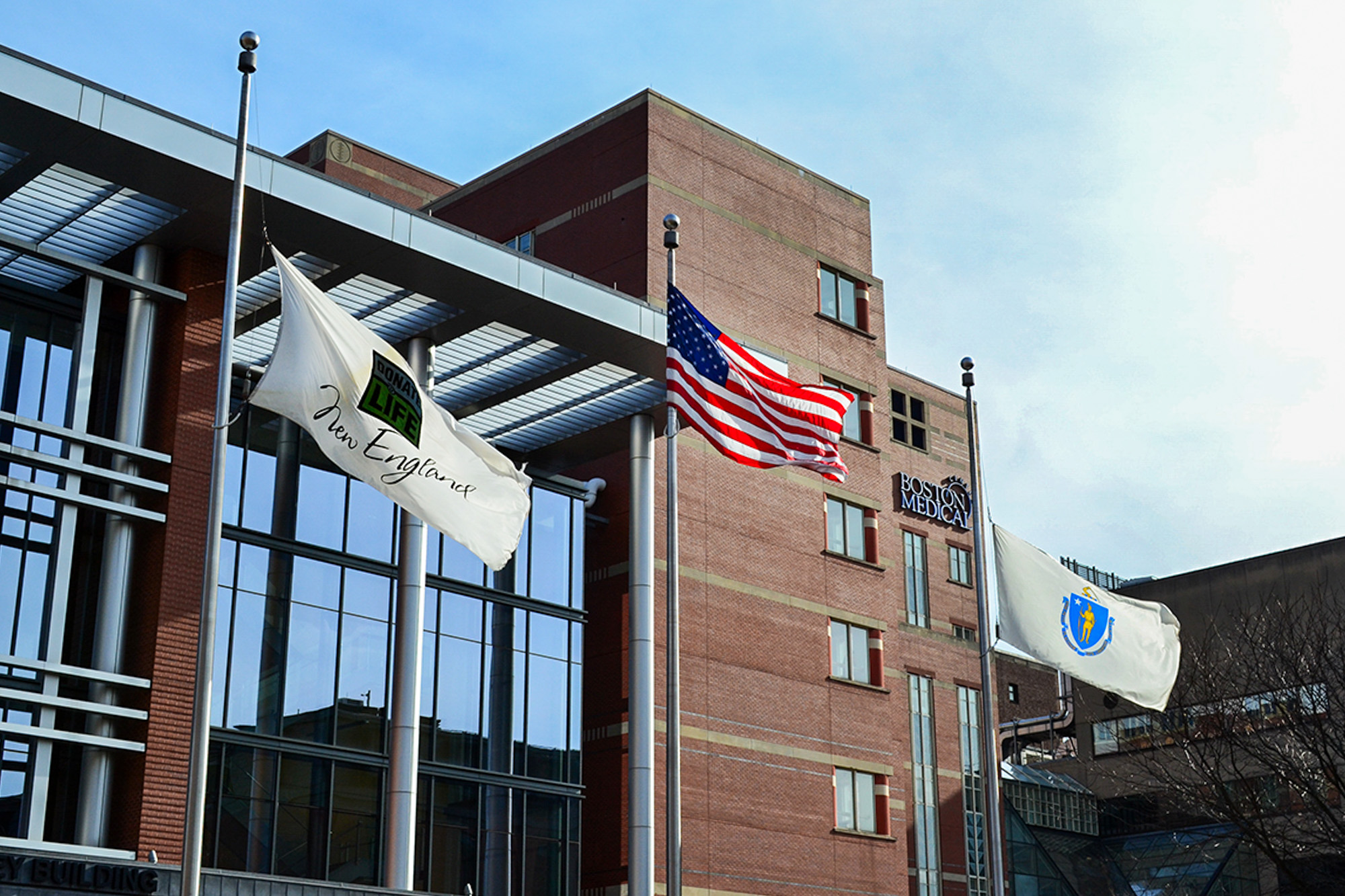Carney Hospital in Dorchester closed its doors for the final time on Aug. 31 after its owner, Steward Health Care, filed for bankruptcy in May.
Steward announced in late July that the for-profit healthcare network will close two hospitals: Carney Hospital and Nashoba Valley Medical Center in Ayer. The closure date falls about three months earlier than the 120-day notice for closing hospitals required by the state of Massachusetts.
On Aug. 7, the Boston City Council passed a resolution urging the Boston Public Health Commission to declare a public health concern regarding the closing of Carney Hospital.
“I know the incredible role this hospital plays … in the neighborhoods of Boston, especially communities of color, seniors, persons with disabilities and veterans,” Councilor Ed Flynn, one of the co-sponsors of the resolution, said.

Despite the push for a resolution that passed unanimously in the city council, Flynn explained that Mayor Wu and the BPHC “didn’t agree” that closure of Carney Hospital is a public health emergency.
According to a 2020 U.S. Census report published by the Boston Planning & Development Agency, 77.6% of Dorchester’s population were non-white, a large population that Flynn said will be hit hard by the closure.
“For a resident of … Dorchester that is seeking the emergency room services, it’s going to add time to their commute to whatever emergency room they go to,” Flynn said.
Alan Sager, a professor at Boston University School of Public Health, said neighborhoods that have relied on the hospital “will all face longer travel times.”
“Getting from the Carney and its surrounding neighborhood up to [Boston Medical Center] can take a ride on the Red Line and a bus if you don’t have a car, and parking around BMC is expensive even if you do have a car,” Sager said.
Sager also said Boston Medical Center might not provide specialized care in the same areas as Carney Hospital, including language accessibility and inpatient psychiatric services.
“The big impact will be on the Boston University Medical Center,” Flynn said. “The emergency room visits will increase because of the closing of Carney Hospital.”
Bisola Ojikutu, commissioner of public health for the City of Boston and executive director of the BPHC, said in a statement the city created an incident management team, whose work includes “managing information sharing and coordination among hospitals.”
“To ensure continuity of care for patients, preserve timely access to emergency care and mitigate stress on the hospital system, we have stood up a city-level incident management team that has been coordinating response and recovery operations,” Ojikutu wrote.
The BPHC provided a list of resources for Carney patients and employees, as well as local residents, in response to the closure. The BPHC Mayor’s Health Line, which is a multilingual resource, is also available for residents to navigate access to care.
Despite the resources the BPHC provided, Flynn said the City of Boston “did not do enough to support” Carney Hospital.
“I don’t think they realize the impact it’s going to have on patients across Greater Boston and in Boston,” Flynn said.


















































































































